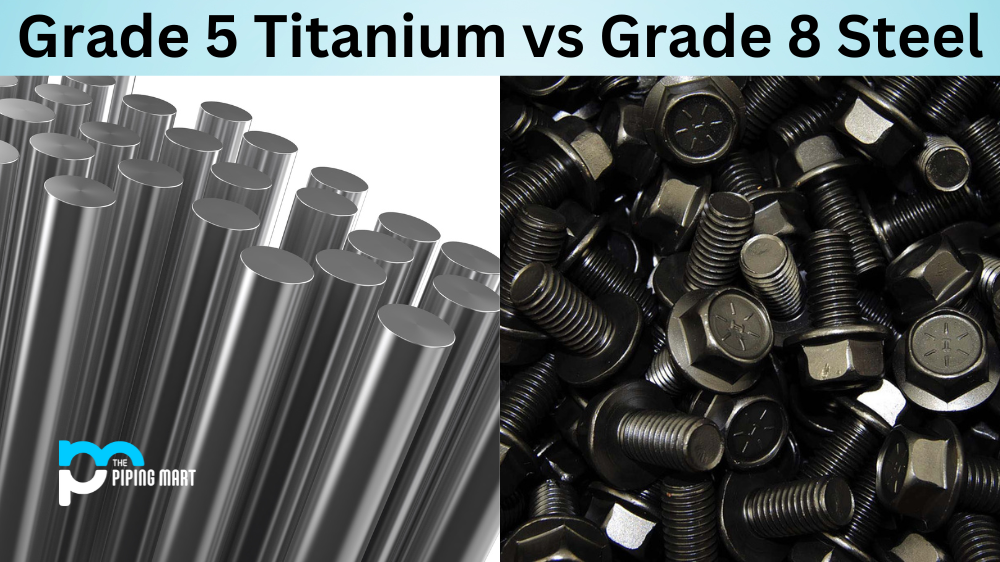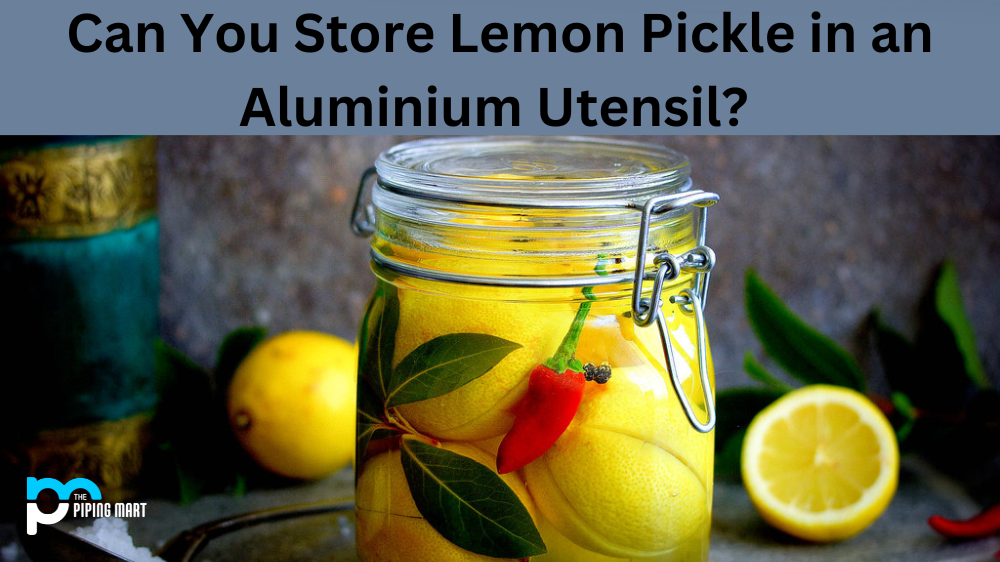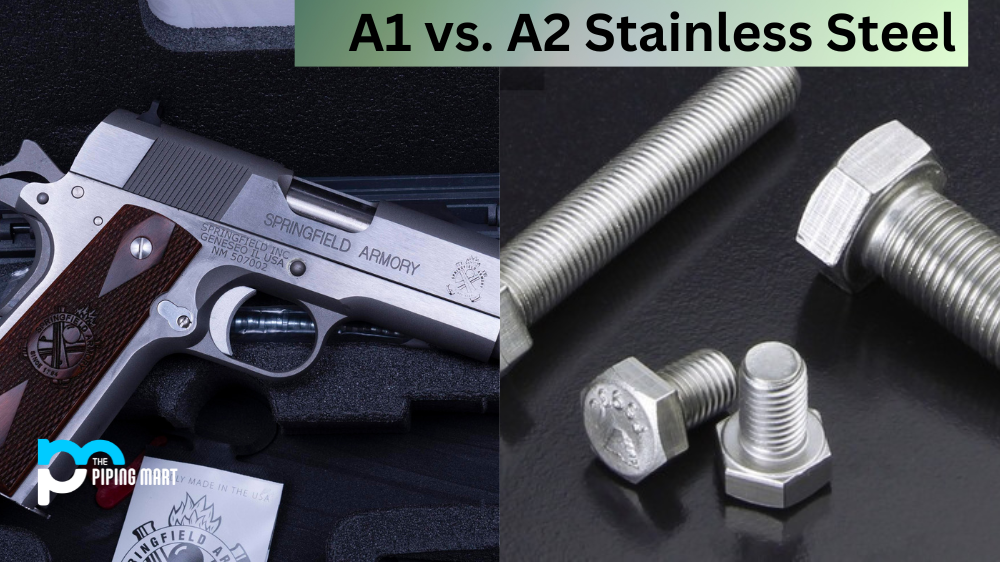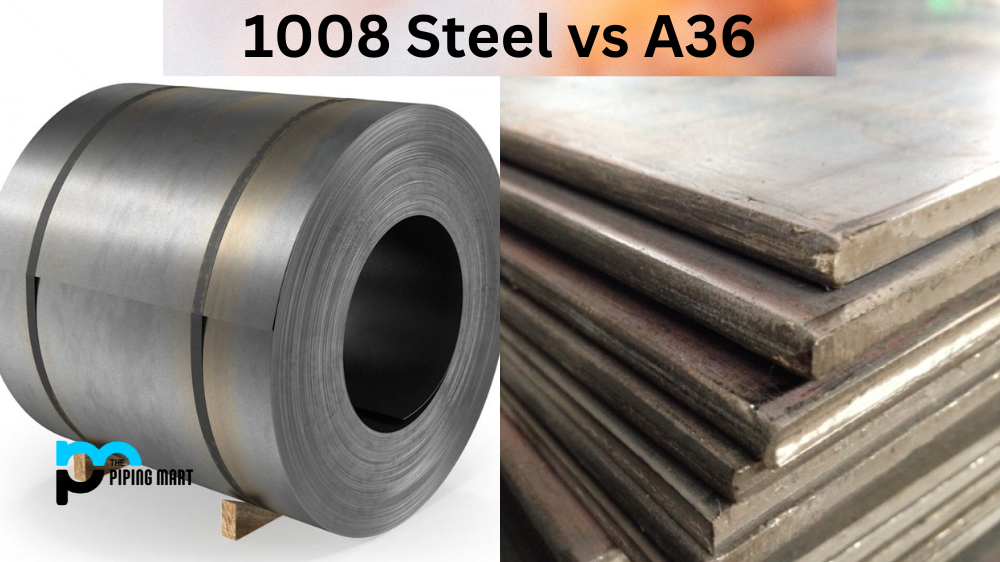Choosing the right material is crucial, especially when it comes to construction. Two of the most popular materials today are Grade 5 Titanium and Grade 8 Steel. Each metal has its unique properties that make it useful in various applications. Before making a decision, it’s important to know their differences. In this blog post, we’ll dive into each metal’s characteristics, benefits, and disadvantages to help you determine which one will best suit your needs.
Difference Between Grade 5 Titanium and Grade 8 Steel
Strength and Durability
Grade 5 Titanium and Grade 8 Steel are known for their exceptional strength and durability. One significant difference between them is their resistance to deformation. Grade 5 Titanium has a low modulus of elasticity, which makes it more flexible and resilient to deformation under stress than Grade 8 Steel. While Grade 8 Steel is incredibly strong but more rigid, making it more susceptible to deformation.
Weight and Corrosion Resistance
Regarding weight, Grade 5 Titanium is about half as dense as Grade 8 Steel. This lightness makes Titanium an excellent choice for applications that require strength without adding too much bulk. Grade 5 Titanium is also corrosion-resistant, making it ideal for outdoor or marine applications. On the other hand, Grade 8 Steel is more prone to rust and corrosion, making it less favourable for those environments.
Cost and Availability
Cost is a major factor when choosing construction materials. Grade 5 Titanium is more expensive than Grade 8 Steel, which can be a significant consideration. Additionally, Titanium is less readily available than Steel, which may have implications for the timeline of your project.
Machinability and Weldability
Grade 5 Titanium and Grade 8 Steel can be machined, but Titanium is more challenging to work with than Steel. Its reactive nature causes it to heat quickly, making it more susceptible to overheating and cracking. Welding Grade 5 Titanium is also more challenging than welding Grade 8 Steel, making it a less accessible option for those without specialized equipment or skills.
Application-Specific Considerations
Ultimately, the decision between Grade 5 Titanium and Grade 8 Steel will come down to the specifics of your project. If you need an incredibly tough and rigid metal, Grade 8 Steel is the way to go. However, if you need a lightweight, corrosion-resistant, and flexible material, Grade 5 Titanium will be the better choice. Additionally, for projects where aesthetics are a priority, Titanium is a popular choice due to its unique silver colour and shine.
Conclusion
We’ve compared the strengths and weaknesses of Grade 5 Titanium and Grade 8 Steel. They have pros and cons, and the choice ultimately depends on your project’s requirements. Grade 5 Titanium is likely better if weight and corrosion resistance are essential. However, if rigidity and toughness are critical, Grade 8 Steel may be the way forward. By understanding the differences between these metals, you can decide which will work best for your needs.




